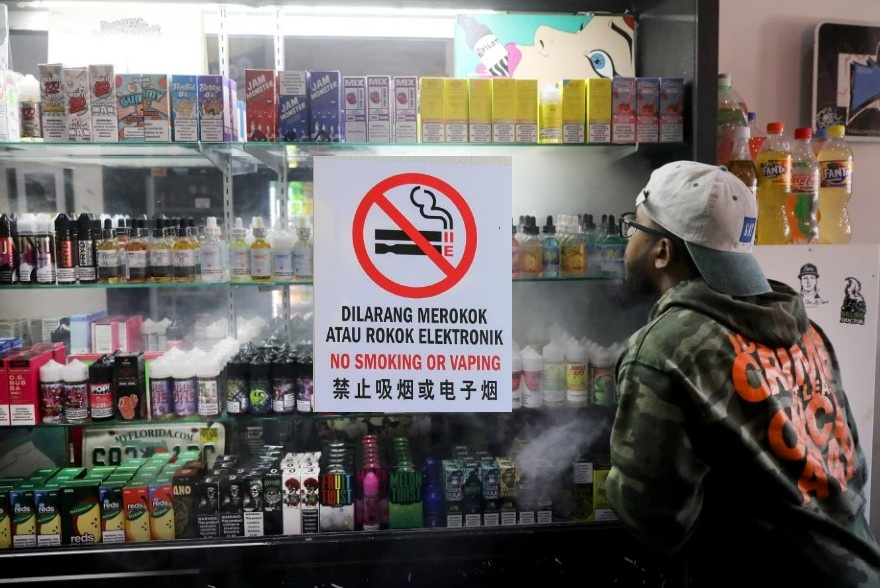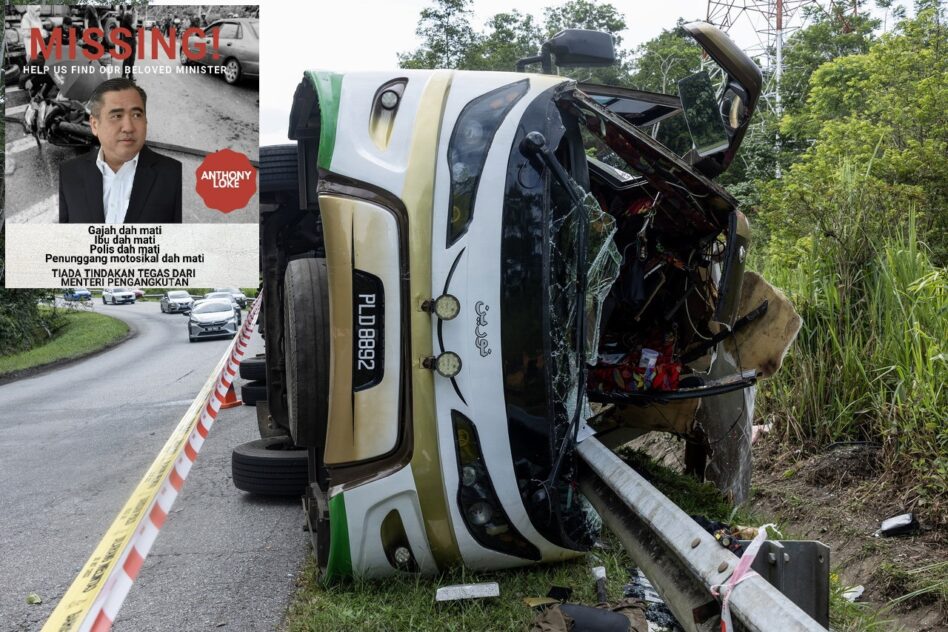BEFORE the pandemic, many seminars for travel agents were conducted in function rooms of hotels.
This year, all my training sessions were conducted over Zoom, which was convenient for many participants and those from outstation saved much on travelling expenses and time.
Currently, there are 4,727 registered travel agents with the Ministry of Tourism, Arts and Culture.
At one time, the number was 5,252 but dropped by 10% following various movement controls.
The decrease would have been greater had it not for a few hundred new registrations, but the future of the travel trade may not be as bright as newcomers are optimistic.
Travel agents are a mixed bag. Some have rich travel industry experience while others are from different tourism sectors.
Those with better chances of succeeding are those who have managed travel businesses for owners or large corporations.
But many are clueless and would be groping in the dark, unable to correctly define terms such as tourism, travel, tourist guide or tour leader.
First of all, ‘travel agent’ is a generic title so whenever it was used, I cannot be sure what the writer or speaker actually mean.
It is necessary to use correct terms to be accurate, as the travel business involves multiple contracts and agreements between suppliers, intermediaries and customers.
Hence, one must be specific and in full compliance with all legal requirements.
Therefore, official terms and definitions are important, such as regulations under the tour operating business and travel agency business, from which company licences are issued for inbound, outbound and travel agency business, formerly known as ticketing.
A few companies possess just one licence, but most companies have all three, including those newly registered.
The travel agency business licence permits the company to be agents for principals such as airlines, hotels and attractions.
Airlines used to pay travel agencies 5% commission for domestic fares and 9% for international but stopped from 2008, as online bookings allowed airlines to deal with passengers and dependence on travel agencies became minimal.
Instead of paying service fees charged by travel agencies, customers prefer making their own bookings online.
Only huge conglomerates are prepared to pay management fees to travel agencies and these large corporate accounts are the domain of a few firmly established players.
With giant online travel agents (OTAs) offering low hotel room rates, Malaysian travel agencies have been squeezed out of the business as agents for airlines and hotels.
Until 2007, most new players started with travel agency business and then progressed to outbound tours.
Travel agents have been booking flights and hotels, and by partnering with local inbound tour operators, they could also arrange airport transfers and sightseeing tours.
An outbound tour licence is needed to offer local customers travelling overseas using services in a tour package.
The main activity of large outbound tour operators is to organise a great variety of packaged tours for customers to travel in a group at reduced costs and led by a tour leader who would assist in check-ins at the airports and hotels, and ensure all prearranged services are provided.
But with the advent of smart phones and mobile apps, all interesting and relevant information could be distributed and accessed globally without extra cost and allow tourists to arrange and pay for the full range of travel services directly with various suppliers, even at short notice.
Navigation apps empower new visitors to drive towards their planned destinations and tourists exploring a city on foot no longer ask locals for directions, peek at foldable maps or listen to tourist guides, as destination apps are updated with latest products and accurate information.
Large inbound tour companies operate a fleet of excursion buses and vans for both foreign tourists and local excursionists, hiring from others when more are needed and hiring out when there is a surplus.
But these unutilised assets have become liabilities during lockdowns.
Many outbound and inbound tour companies have closed or in suspended animation since the movement control order was first introduced on March 18 last year.
If large and established players have been wiped out by the pandemic, how are the newly registered and existing companies going to fare in the next two years as international tourism will only recover in 2024?
Until then, travel agents in general are doomed to fail.
For outbound tour operators, their fate depends on the opening of borders with umrah and hajj operators having the best chance.
If pilgrims are allowed to travel freely from Malaysia to Saudi Arabia like in 2019, more than 300,000 Malaysians will be travelling there every year.
But in reality, governments around the world are wary of people, including their own citizens, from entering their country and Malaysia, with raging high number of COVID-19 cases, would be one of the least preferred countries.
It will still be a long wait for outbound tour operators.
The same fate befalls inbound tour operators. However, those who could find a way to tap the domestic tour market may do well but would fail if they continue to offer more of the same such as airport transfers and sightseeing tours around cities or adventure tours to natural sites.
In 2019, domestic tourism raked in around RM100 bil in receipts and therefore does not need any promotion when interstate travel restrictions are lifted.
Once the floodgates are opened, the streets will be bustling while travellers will throng airports, stations and jetties.
But only a very few will look at domestic tour packages.
Therefore, training seminars in a workshop setting ought to be organised in every major city so that participants could brainstorm freely and share crazy ideas to develop innovative tours that would appeal and benefit the locals.
It is the only window but a great opportunity for all new and established inbound tour operators, particularly those saddled with a fleet of idled excursion buses and vans, if there are not already repossessed for defaulting leasing payments for many months or over a year. – Aug 25, 2021
YS Chan is master trainer for Mesra Malaysia and an ASEAN Tourism Master Trainer. He is also a tourism and transport business consultant and writer, and researcher for the Travel Industry Occupational Framework published by the Department of Skills Development (JPK).
The views expressed are solely of the author and do not necessarily reflect those of Focus Malaysia.









